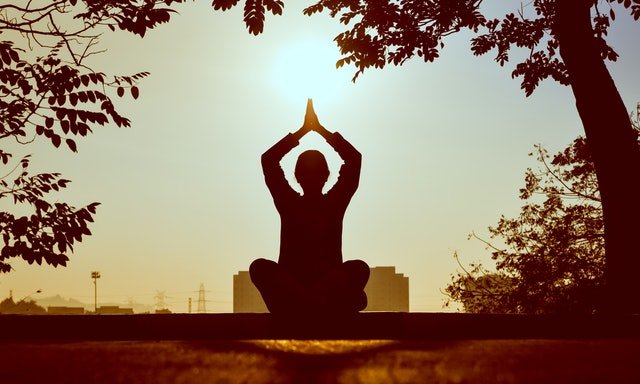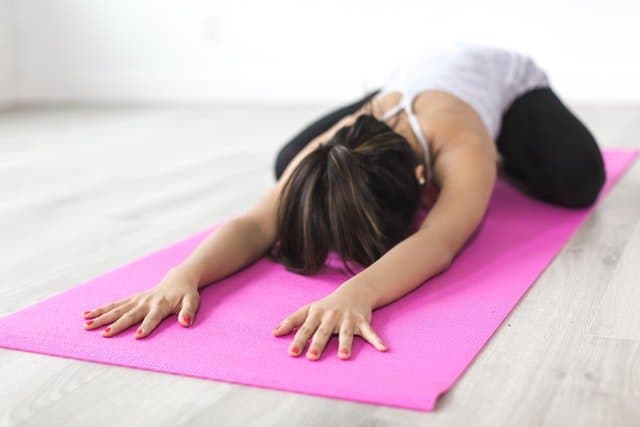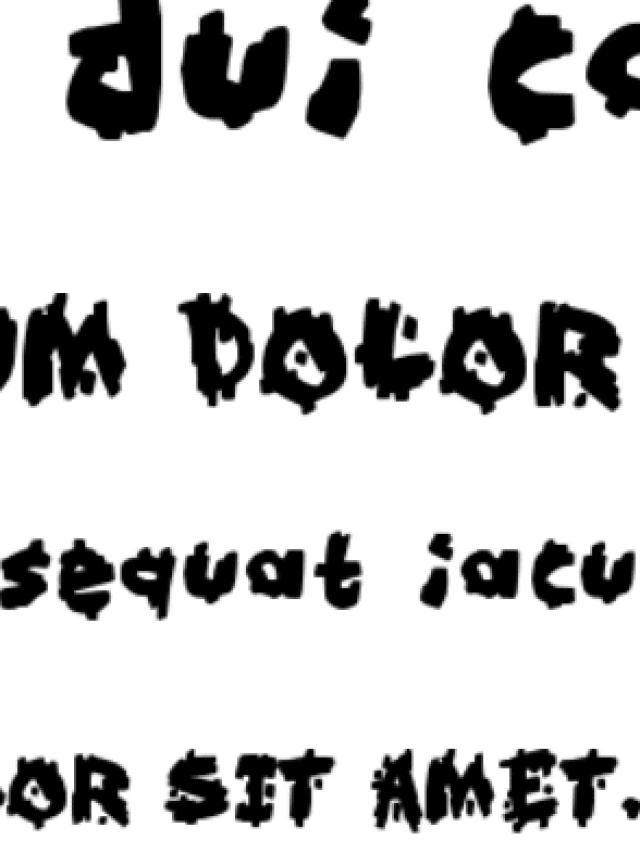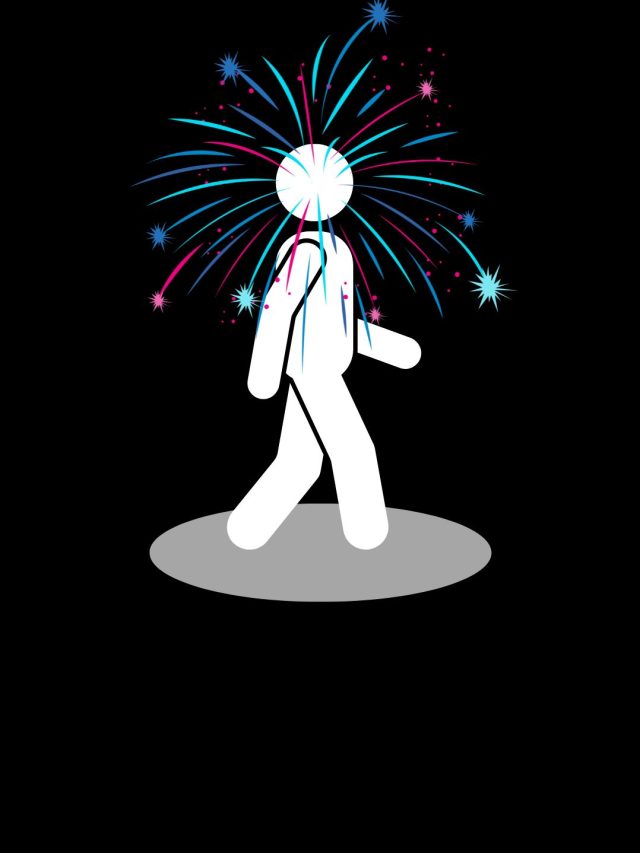Yoga is quite a popular choice when it comes to improving the quality of life, coping with mental health issues, and increasing the amount of daily physical activity. But is this popularity founded in scientific evidence? Most research reviews, today, conclude that Yoga has a generally positive influence on the mind and body – as judged by practitioners as well as clinicians. Researchers, as well as practitioners, are of the opinion that Yoga is an evidence-based and effective form of therapy for depression. And on top of that, Yoga gives people a sense of purpose and meaning – a valuable aspect of life that improves well-being.
There is evidence for Yoga to be an excellent augmenting treatment for depression when used alongside medication. [1] When combined with other forms of therapy such as cognitive behavioral therapy, dialectical behavior therapy, and counseling, the positive effects are magnified. It’s almost an unequivocal conclusion that practicing Yoga can reduce the impact and intensity of depressive symptoms. [2]
There are many instances where medication and cognitive behavioral therapy are inadequate in treating depression. This is where Yoga can step in as an additional and complementary form of therapy over and above other forms of therapy. Researchers consider Yoga to be a valid treatment to decrease depressive symptoms in such patients as well. [3]
Yoga is an excellent form of treatment to cope with depression, especially when medication and counseling don't help much. Share on XWhen treatments need to be evaluated, researchers rely on Randomized control trials. These sort of studies try to control and vary treatment styles enough to establish a modest prediction of what works and what doesn’t.

Let’s backtrack a bit. What exactly is Yoga?
Yoga is an ancient eastern philosophy targeted toward overall well-being and healthy coping with adversities, including mental and physical illnesses. It is often associated with physical manipulation (specific postures called Asanas), breathing and relaxation (Pranayama), meditation, and specific traditional terminology.
As centuries passed by, Yoga diversified into specific schools of thought which have their own nuances. There may be 100s of styles of Yoga which can be differentiated from each other based on their physical form, traditional underpinnings, instructor-developed modifications, props, etc.
Most interventions, which include Yoga, are delivered via Yoga classes. They last for 45 minutes to 1 hour and patients typically attend it on alternate days over a span of 2-6 months. These classes are usually delivered to many students at a time by certified and as well as non-certified experts who have mastered their form. It is often a highly structured class.
To limit the scope of this article and maintain precision, we will only look at the effects of Yoga on depression.
Hatha Yoga can be considered as an evidence-based treatment option. [4] As far as the evidence goes, Hatha Yoga is a good bet. However, we still don’t know what aspects of casual Yoga practice can help.
This form of Yoga includes many of the popular aspects of Yoga – Power Yoga, Basic postures, pranayama, mindfulness meditation, etc.
Reasons can range from muscular relaxation, mindfulness, interoception (paying attention and evaluating to your bodily sensations), social interactions, a sense of belonging, purposeful action, etc. More research will certainly uncover nuances.
Another form of Yoga, known as Vinyasa Yoga, shows a lot of potential in reducing depressive symptoms. [5] Vinyasa Yoga is a little more elaborate than Hatha Yoga when it comes to postures. In Vinyasa, you string together multiple poses one after the other in the form of a holistic sequence of postures.
Mood improvement is one side of treatments for depression. The other (often neglected side) is cognitive improvement. Depression often leads to and is characterized by a drop in memory, attention, decision making, learning, vigilance, etc. Researchers studied the effect of Sahaj Yoga on cognitive functions and found that the combination of antidepressants and Sahaj Yoga showed more improvement in cognitive function than just medication. [6]
Sahaj Yoga is a form of meditation which focuses on self-realization and unifying with oneself. The tradition speaks of connecting with an innate maternal tendency called ‘Kundalini’, and thereby, kundalini awakening. While there is no scientific basis for the spiritual conceptualization of maternal energies, chakras, and purification of the soul, the fundamental goal is within the scientific realm of testing. You don’t need to accept these ideas as fundamental truths, you could interpret them as metaphors and ideas which simplify complex psychological processes.
Sahaj Yoga aims to make one balanced, peaceful, and more joyous. Finding peace and becoming happy is a common aspiration of people suffering from depression. But not all; some want to just learn about coping with it. When people want such outcomes, Yoga offers a pathway to achieve them.
A study on Iyengar Yoga practices shows that it is a useful complementary form of therapy for depressive symptoms such as low mood, anxiety, neurotic behavior, and anger. [7] Patients who completed 3 courses of 20 sessions each in regular guided yoga classes. Some of them reached a point of remission, which is a highly hopeful outcome of any intervention for depression. All participants of the study who exhibited depressive symptoms at intake showed immediate improvements in their mood, right after each Yoga session. They also found that those who had a higher capacity for emotional regulation were more likely to remit.
However, this study only hints at the usefulness of Yoga. It doesn’t provide rock solid evidence because a) There was no comparison group, b) The time frame is long, so it is unclear how natural tendencies contributed to healing and c) There was no accounting of other contributing factors such as the effect of routines and socializing in the context of Yoga.
The lines are blurry here. Depression can compromise cognitive function. Treatment can improve cognitive function. Poor cognitive function can cause depression. Cause, effect, and correlations are very blurry here. [8] There is a high amount of variation in the link between depression and cognitive function and this variation may be more case-specific than a direct symptom.

When clinically depressed, it’s important to focus on 4 things while undergoing treatment:
- Improving Mood
- Improving cognitive function
- Learning behavioral coping
- Learning how to sustain improvements
It appears that Sahaj Yoga, Vinyasa Yoga, Iyengar Yoga, and Hatha Yoga can help with these over and above medication and other forms of treatment. Healing from depression would get easier if these forms of Yoga are used as complementary treatments.
You may be wondering – Which style of Yoga is the best for coping with depression?
This question is thoroughly answered as of 2016. Holger Cramer, Romy Lauche, Jost Langhorst, and Gustav Dobos conducted a detailed review of 306 randomized control trials with 52 varieties of Yoga and concluded that no Yoga style was better than the other with respect to positive outcomes and reducing depressive symptoms. 277 of the 306 RCTs (91%) showed positive outcomes which did not differ based on the nuances of each Yoga tradition. [9]
The researchers suggest that choosing a style of Yoga as a coping mechanism or a treatment plan can be informed by personal preference, aesthetics, economics, and convenience. That means you can choose whichever style you’d like and expect it to influence you positively.
All forms of Yoga are effective in coping with depression. You can choose a style based on personal preferences. Share on XThis review also generates a different hypothesis – There may be a common denominator for all types of Yoga which functions as an ‘active ingredient’ in the treatment of depression. There are a number of possibilities – participating in meaningful activities, physical mastery, social bonding, separation from monotony, etc.
All of these potential ‘active ingredients’ are known to be profoundly useful in improving the quality of life and have become a gold standard in positive psychology based interventions.
It is fair to conclude that all forms of Yoga are equally beneficial and a solid option for anyone to chose for decreasing depressive symptoms, coping with depression and other mood disorders, and sustained healing.
References
[1] Yoga as a Complementary Therapy for Clinical Depression – Purvi Mehta, Manoj Sharma, 2010[1]
[2] Yoga as a Treatment for Depression: Applications for Mental Health Practitioners[2]
[3] Yoga as a Treatment for Depression[3]
[4] Hatha Yoga for Depression: Critical Review of the Evidence… : Journal of Psychiatric Practice®[4]
[5] [5]Open Trial of Vinyasa Yoga for Persistently Depressed Individuals: Evidence of Feasibility and Acceptability – Lisa A. Uebelacker, Geoffrey Tremont, Gary Epstein-Lubow, Brandon A. Gaudiano, Tom Gillette, Zornitsa Kalibatseva, Ivan W. Miller, 2010[6]
[6] Effect of Sahaj Yoga on neuro-cognitive functions in patients suffering from major depression.[7]
[7] Yoga as a Complementary Treatment of Depression: Effects of Traits and Moods on Treatment Outcome[8]
[8] A meta-analysis of depression severity and cognitive function[9]
P.S. Featured Photo by theformfitness [11]from Pexels[12]
Sources
[2]: https://www.healio.com/psychiatry/journals/psycann/2019-1-49-1/%7B7f86c3ba-0674-4733-a9f2-e7da0288904f%7D/yoga-as-a-treatment-for-depression-applications-for-mental-health-practitioners
[3]: https://link.springer.com/chapter/10.1007/978-3-319-97241-1_17
[4]: https://journals.lww.com/practicalpsychiatry/Abstract/2010/01000/Hatha_Yoga_for_Depression__Critical_Review_of_the.4.aspx
[5]: https://www.quora.com/profile/Aditya-Shukla-98#cite-EXbnF
[6]: https://journals.sagepub.com/doi/abs/10.1177/0145445510368845
[7]: https://europepmc.org/abstract/med/17402267
[8]: https://www.hindawi.com/journals/ecam/2007/798782/abs/
[9]: https://www.sciencedirect.com/science/article/abs/pii/S0165032709001700
[10]: https://www.sciencedirect.com/science/article/pii/S0965229916300243
[11]: https://www.pexels.com/@theformfitness-446016?utm_content=attributionCopyText&utm_medium=referral&utm_source=pexels
[12]: https://www.pexels.com/photo/man-and-woman-doing-yoga-1882004/?utm_content=attributionCopyText&utm_medium=referral&utm_source=pexels

Hey! Thank you for reading; hope you enjoyed the article. I run Cognition Today to capture some of the most fascinating mechanisms that guide our lives. My content here is referenced and featured in NY Times, Forbes, CNET, and Entrepreneur, and many other books & research papers.
I’m am a psychology SME consultant in EdTech with a focus on AI cognition and Behavioral Engineering. I’m affiliated to myelin, an EdTech company in India as well.
I’ve studied at NIMHANS Bangalore (positive psychology), Savitribai Phule Pune University (clinical psychology), Fergusson College (BA psych), and affiliated with IIM Ahmedabad (marketing psychology). I’m currently studying Korean at Seoul National University.
I’m based in Pune, India but living in Seoul, S. Korea. Love Sci-fi, horror media; Love rock, metal, synthwave, and K-pop music; can’t whistle; can play 2 guitars at a time.




























The article is informative and thanks for the same.
The Patanjali Yoga Sutra emphasizes on both physical and mental health which are essential on the path to get merged in the universal existence.
And the right steps in the order prescribed are to be achieved fully to realize the ultimate aim if Samadhi ie getting merged in the universal existence.
Thanks.